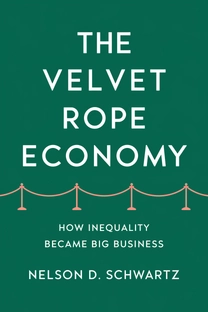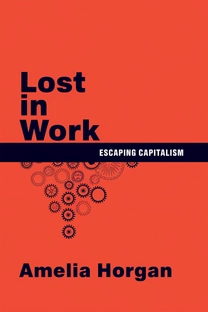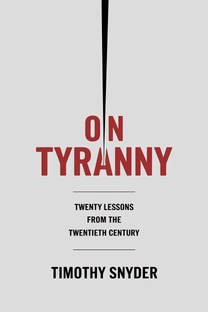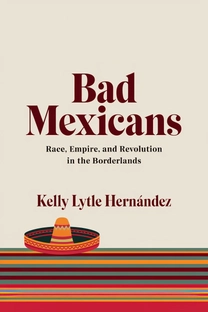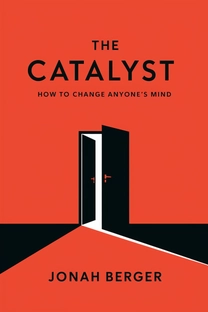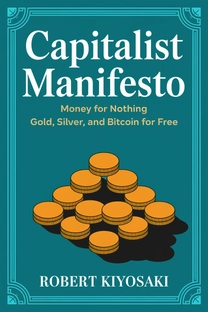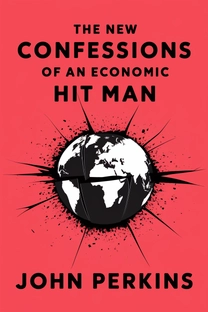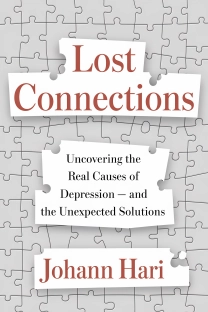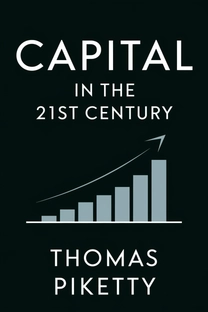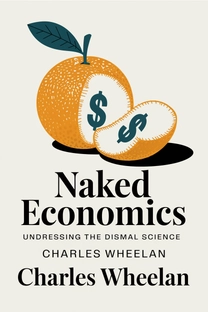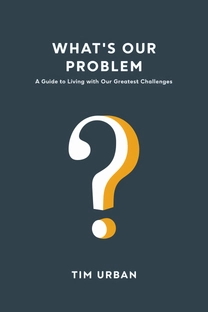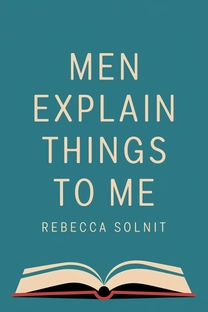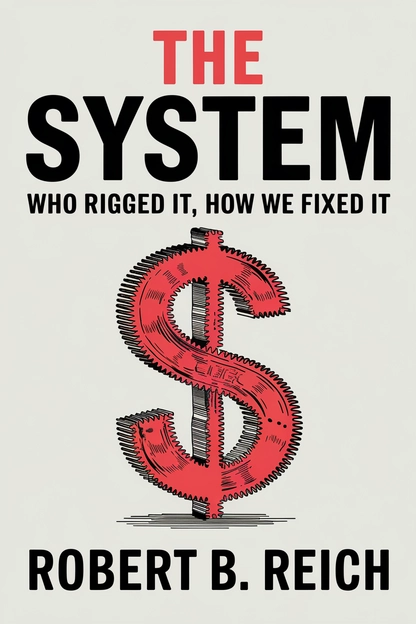
The System
Who Rigged It, How We Fixed It
by Robert B. Reich
Brief overview
This book delves into how wealth and power in America have become concentrated among a small group of individuals, shaping laws and policies to their advantage. It shows that while our political system appears democratic, decisions often cater to corporate and financial elites, leaving everyday citizens disempowered.
Introduction
Imagine a system where our votes count but real power rests with corporate giants and the wealthy. Over the last few decades, America has slowly slipped toward a structure that benefits a handful of elites. Many ordinary people know something is wrong, but it’s often hard to pinpoint why their voices go unheard.
This book uncovers the dynamics behind that imbalance. From boardroom decisions to the halls of Congress, there’s a hidden tug-of-war shaping our lives. The result is that working families struggle with lower wages, fewer benefits, and deteriorating public services while the wealthiest prosper.
Yet this isn’t a call to despair. The message is that if everyday people understand how the game is rigged, they can reclaim their power. Hope lies in collective action and in forcing our institutions to serve the common good again.
The Rise of Corporate Power
Long ago, many big American businesses saw themselves as partners with employees, communities, and the nation. Leaders believed in responsibility for all “stakeholders.” That meant strong wages, stable benefits, and local investment that enriched entire regions.
But in the late 20th century, a new wave of corporate raiders changed the culture. They used hostile takeovers to force companies to focus on maximizing share price. CEOs who didn’t jump on board risked being replaced by those who would.
Professional prestige was no longer about balancing interests; it became about ruthless cost-cutting. Executives focused on rapid profit growth, often at the expense of workers. This shift kicked off a series of mergers, layoffs, and anti-union efforts—events that collectively pulled power away from average people.
What is The System about?
"The System: Who Rigged It, How We Fixed It" by Robert B. Reich addresses the growing concentration of wealth and power within the American socio-political structure. The book articulates that while the U.S. appears to operate as a democracy, in reality, the system often places the interests of the financial elite above that of everyday citizens. Reich elaborates on how a small portion of individuals exploit policy levers to entrench themselves further, leaving the greater populace disempowered and politically marginalized.
Delving into historical shifts such as corporate priorities transitioning from community-oriented goals to sheer profit maximization, the decline of unions, and the implications of deregulation, Reich offers a detailed analysis of the resultant income disparities. His work reiterates the necessity for amplifying the influence of everyday citizens in the democratic process to remedy systemic inequities, shedding light on the essential role individuals play in the collective reform of the system.
Review of The System
"The System" excels in its piercing analysis of the powers tilting American democracy off-balance. One of the book's major strengths lies in Reich's ability to distill complex economic and political dynamics into digestible insights. This makes the book accessible to a broad audience while retaining a depth of analysis that stimulates the seasoned reader. Reich not only identifies the issues but also provides valuable, actionable insights on their practical resolutions.
Reich's writing style is both engaging and straightforward, employing a tone that marries passion with empirical scrutiny. His book is relevant now more than ever, as it strikes a chord among readers who dread increasing disparities and yearn for a system where governmental policies genuinely reflect public interest. Reich targets both policy makers and the general public, encouraging both to reclaim their rightful power in shaping political and economic landscapes.
This book is an excellent resource for those looking to grasp the underlying mechanisms of systemic inequality and for advocacy on behalf of grassroots movements. Reich's challenge to build a more equitable future makes "The System" a compelling read for anyone interested in the evolution of American governance. This is a must-read for every citizen aspiring to be part of the change—an unequivocal recommendation for those seeking hope and actionable challenge in the pursuit of justice and equality.
Who should read The System?
- Social Science Students - Ideal for students aiming to understand the dynamics of power, politics, and economics in society.
- Political Activists - Beneficial for those advocating for democratic reform and who need a well-argued case on systemic inequity.
- Economic Analysts - Provides deep insights into the intersection of corporate practices and economic disparities.
- Policy Makers - Useful for individuals shaping legislation with a focus on equitable economic policies.
- Everyday Citizens - Aimed at concerned individuals wanting to understand and impact change within their socio-political environment.
About the author
Book summaries like The System
Why readers love Mindleap
10-Minute Book Insights
Get the core ideas from the world's best books in just 10 minutes of reading or listening.
Curated For You
Discover your next favorite book with personalized recommendations based on your interests.
AI Book ExpertNew
Chat with our AI to help find the best book for you and your goals.
Reviews of MindLeap
Love how I can get the key ideas from books in just 15 minutes! Perfect for my busy schedule and helps me decide which books to read in full.
Alex R.
The summaries are incredibly well-written and the audio feature is perfect for my commute. Such a time-saver!
Jessica M.
Great app for personal growth. The insights are clear and actionable, and I love how they capture the essence of each book.
Chris P.
The app is beautifully designed and the summaries are top-notch. Definitely worth every penny!
Sarah K.


